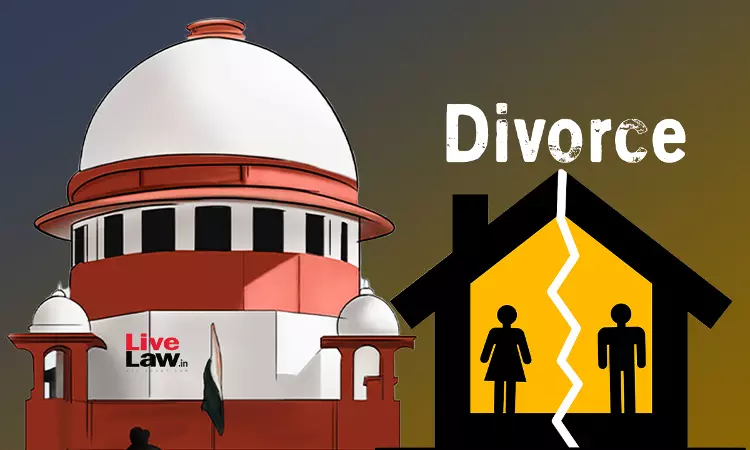Supreme Court Exempts Wife From Paying Stamp Duty For Flat Acquired As Part Of Compromise In Divorce Case
Yash Mittal
11 March 2025 10:17 AM IST

Next Story
11 March 2025 10:17 AM IST
The Supreme Court recently exempted a wife, who received a flat as part of a compromise with her husband in a matrimonial dispute, from the payment of stamp duty under the Registration Act, 1908 (“Act”). The bench comprising Justice Vikram Nath and Justice Sandeep Mehta heard the case where the husband and wife, during the pendency of the petition filed by the husband seeking transfer of...
